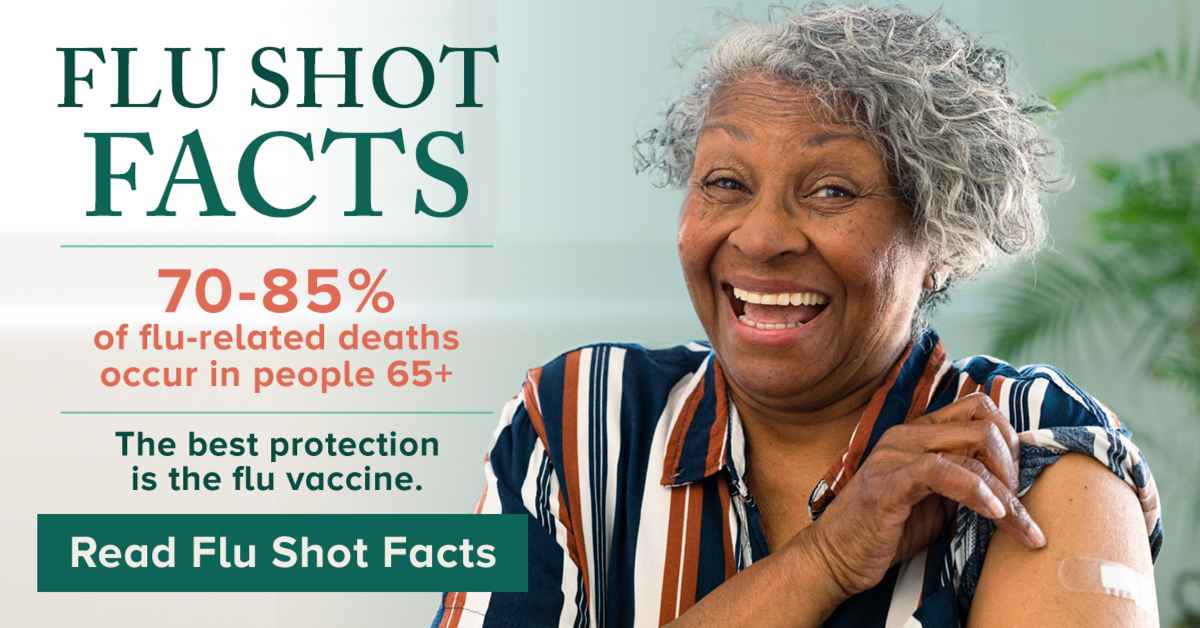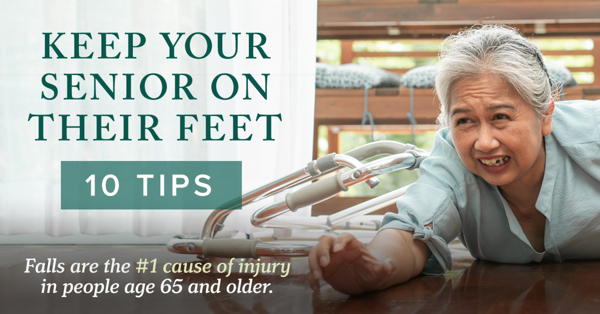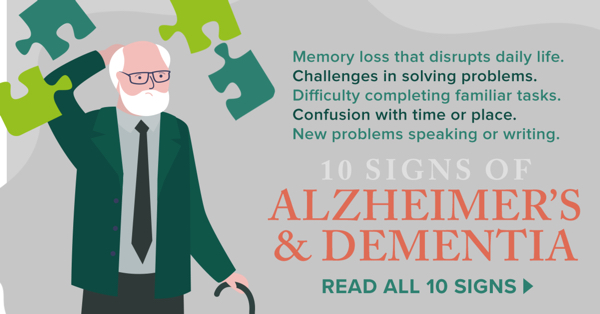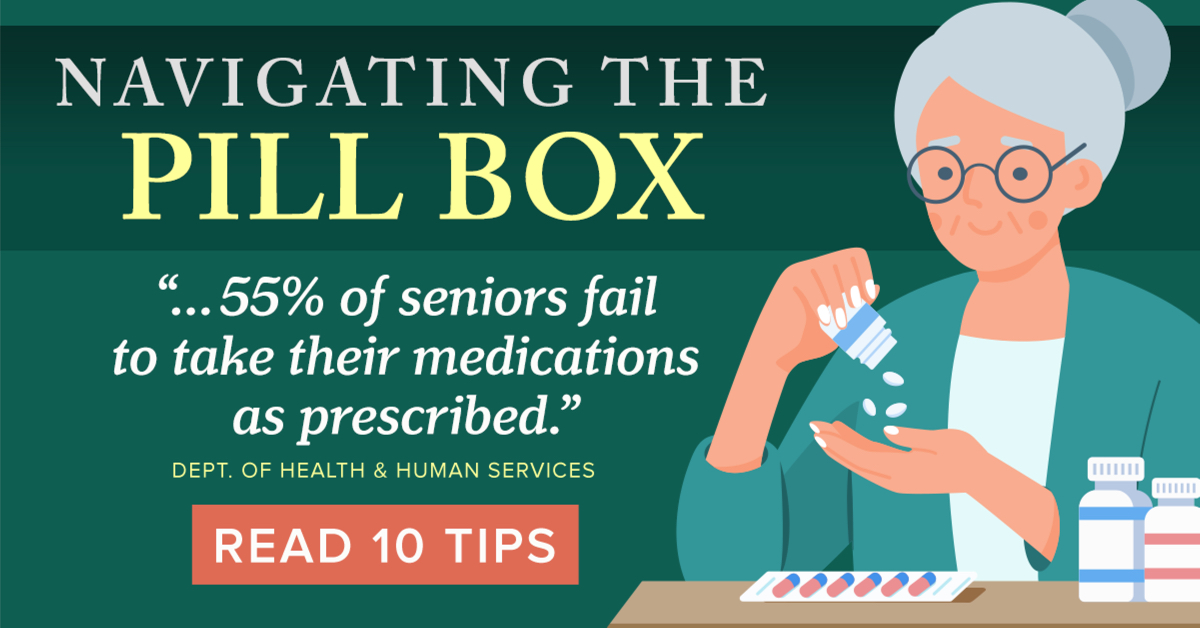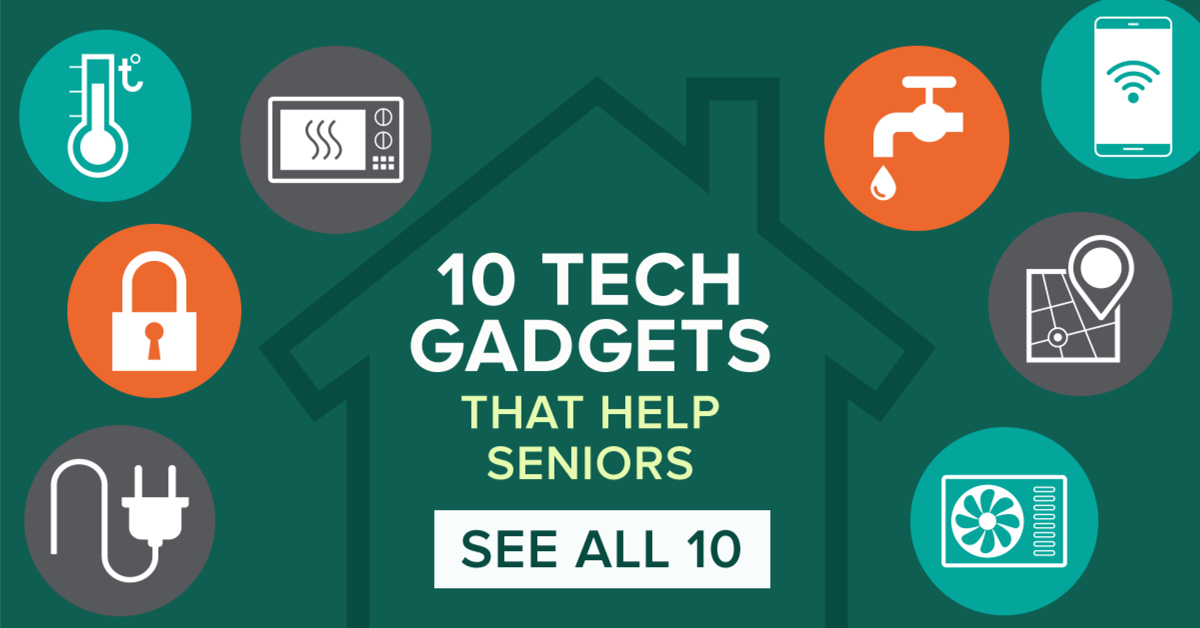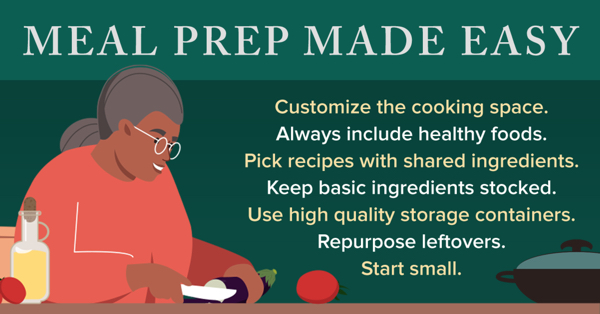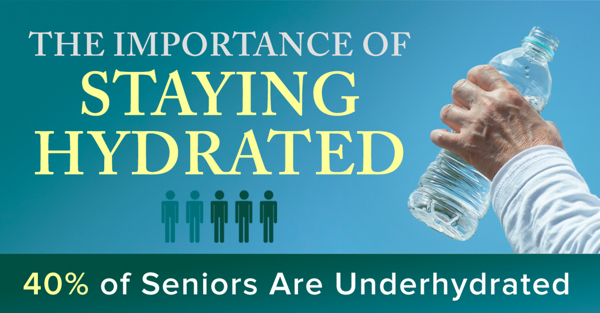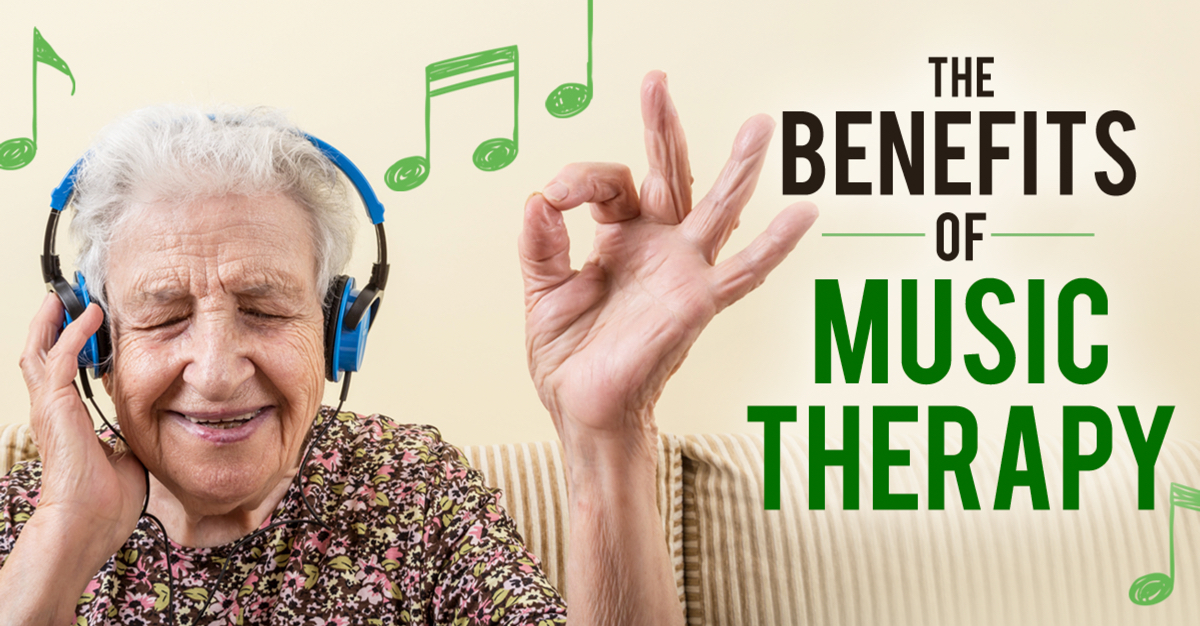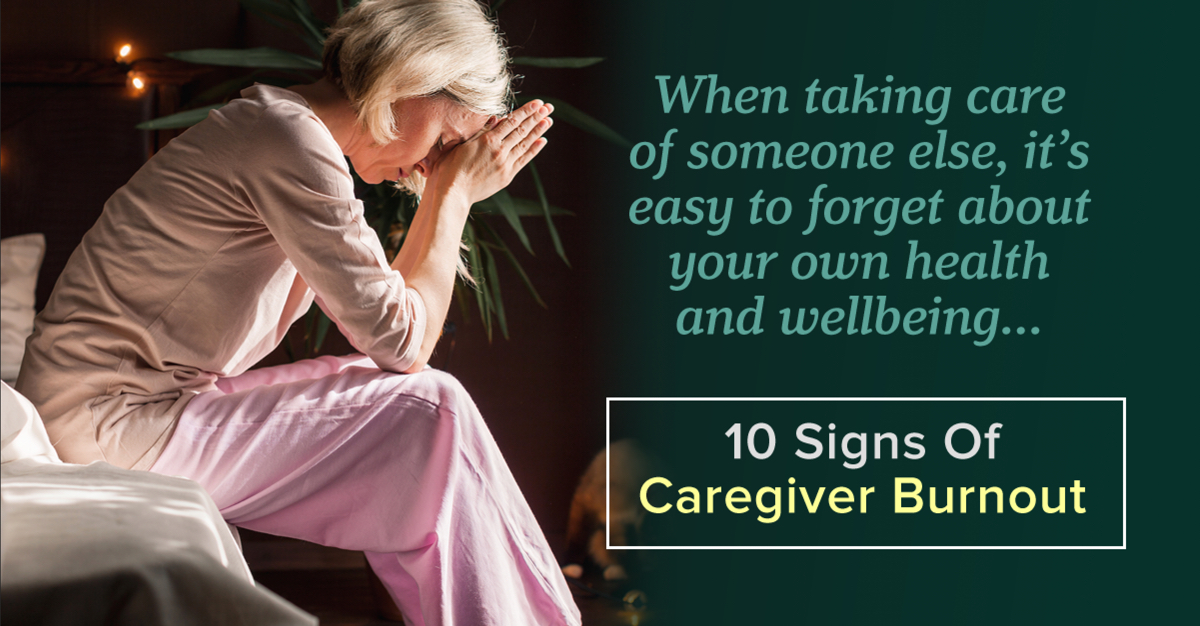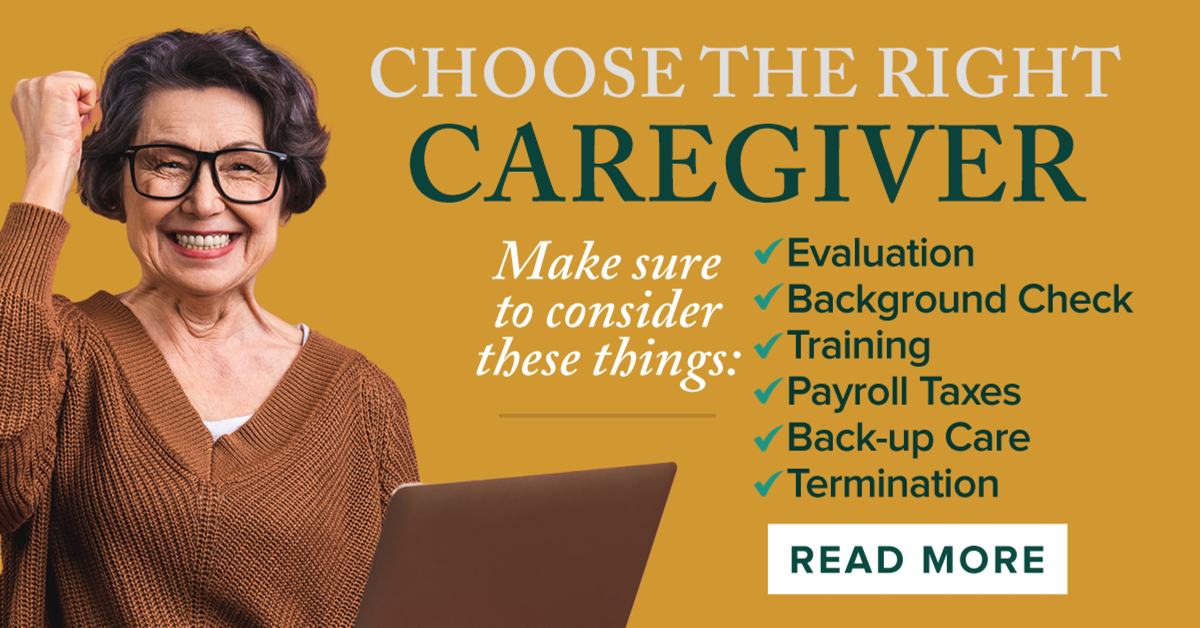Have you gotten a flu shot?
The Centers for Disease Control and Prevention recommends that everyone 6 months old and older should get a flu shot, with rare exceptions.
Because our immune systems weaken with age, it’s especially important for older people to get immunized. In recent years, it’s estimated that between 70 percent and 85 percent of flu-related deaths occurred in people 65 and older and between 50 percent and 70 percent of seasonal flu-related hospitalizations have occurred among people in the 65-plus age group.
Health experts say the best way to protect yourself and your senior from potentially serious complications is with a flu vaccine. Here’s what they want you to know: Continue reading Flu Shot Facts
